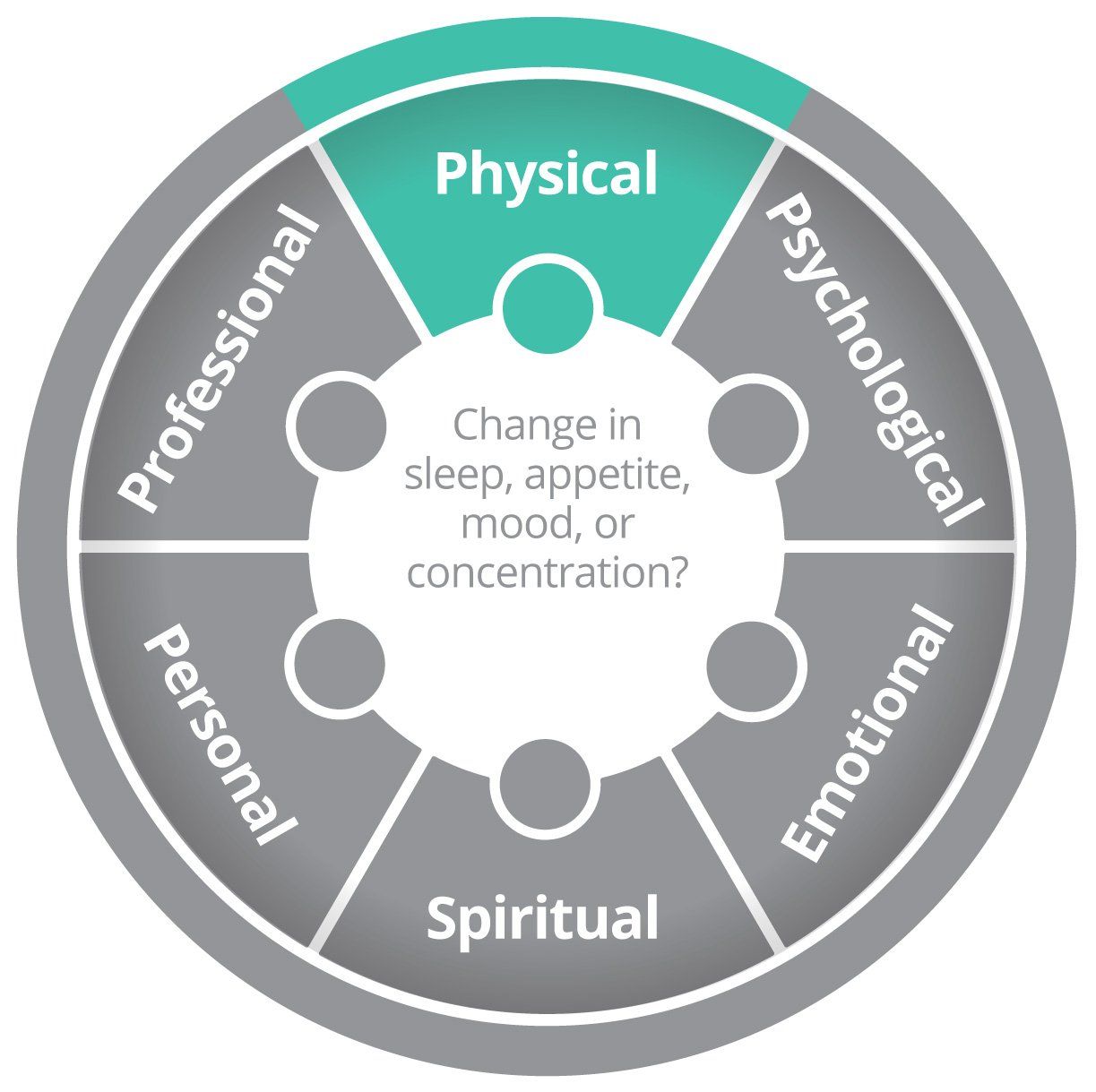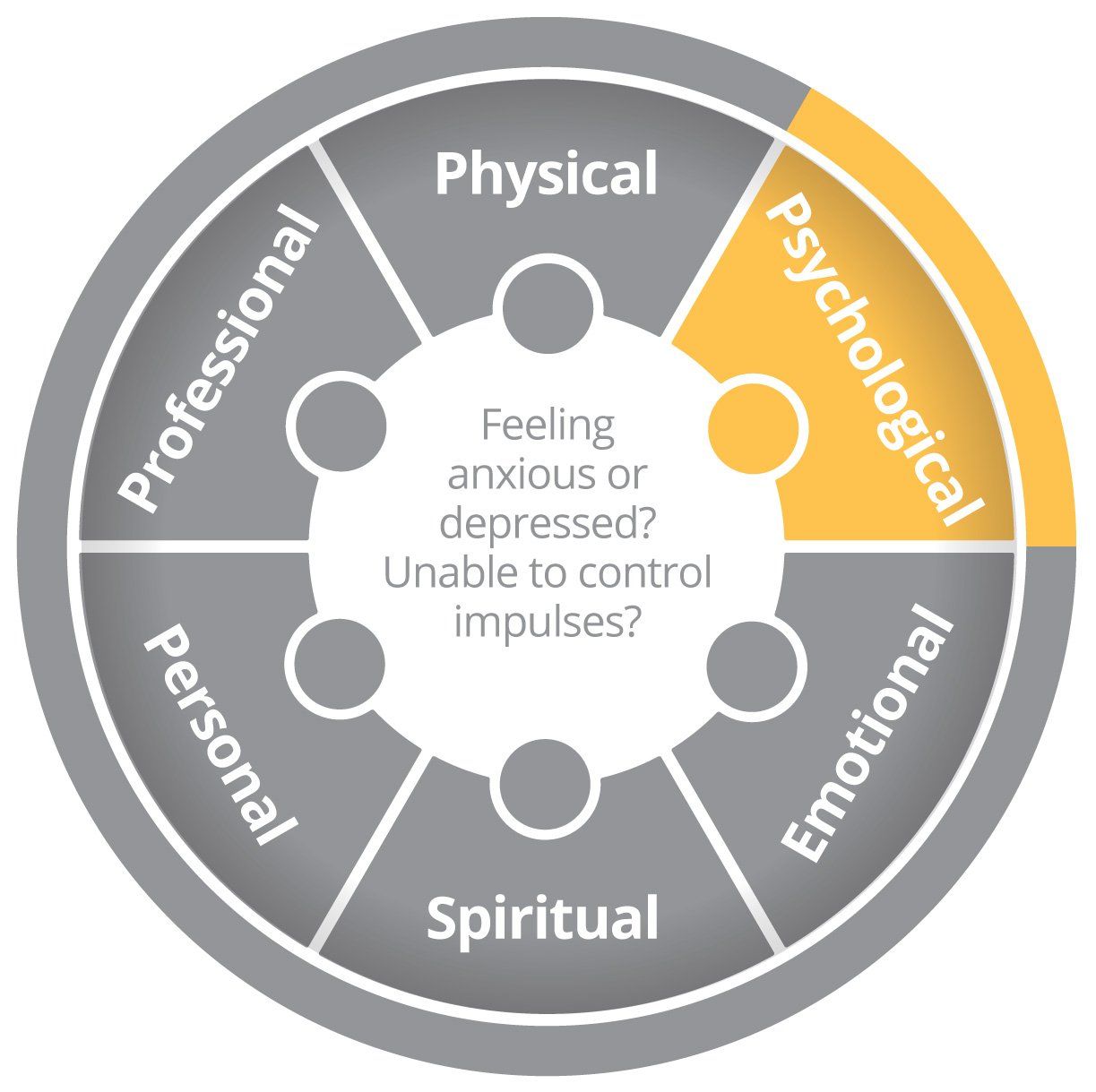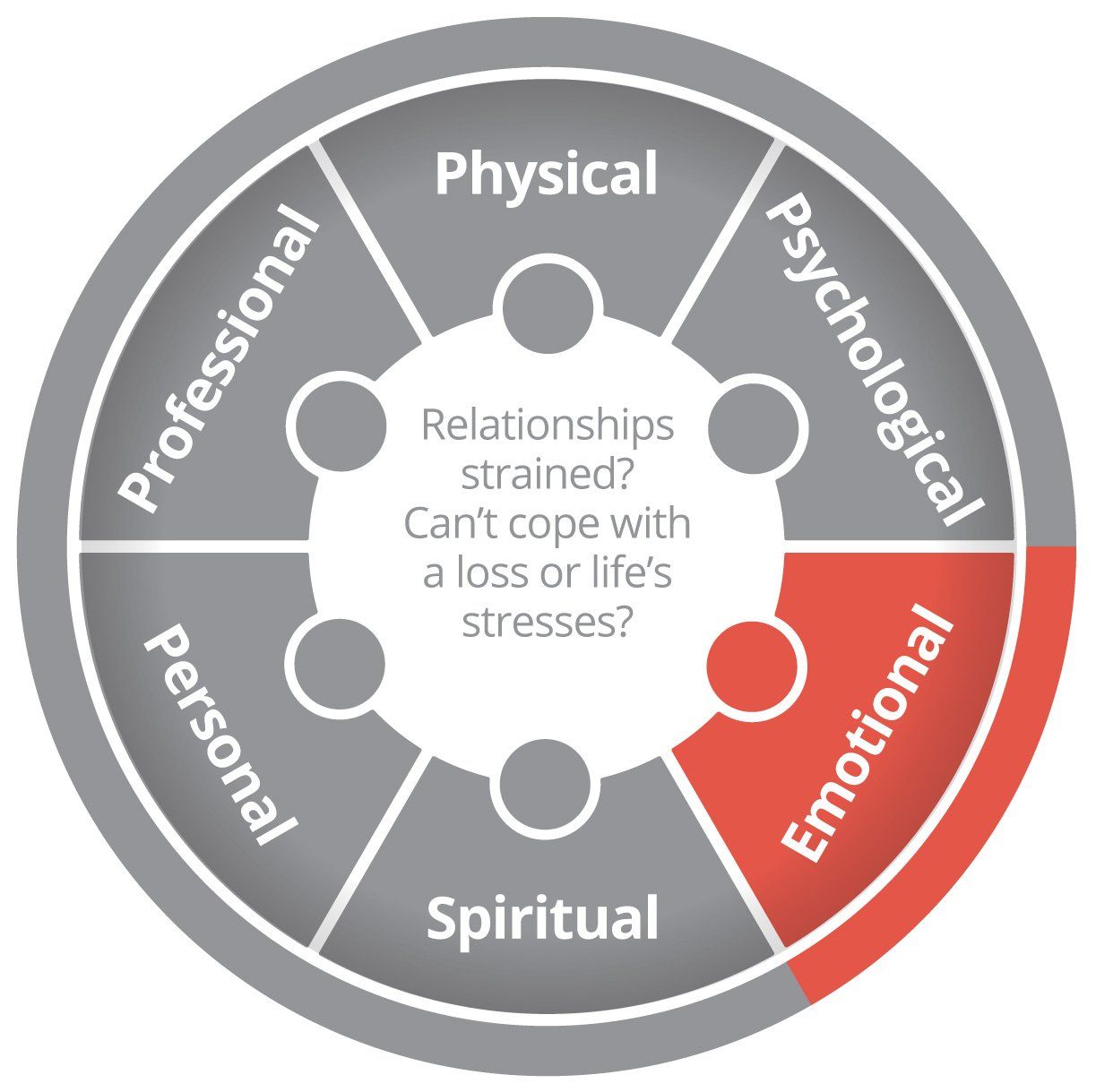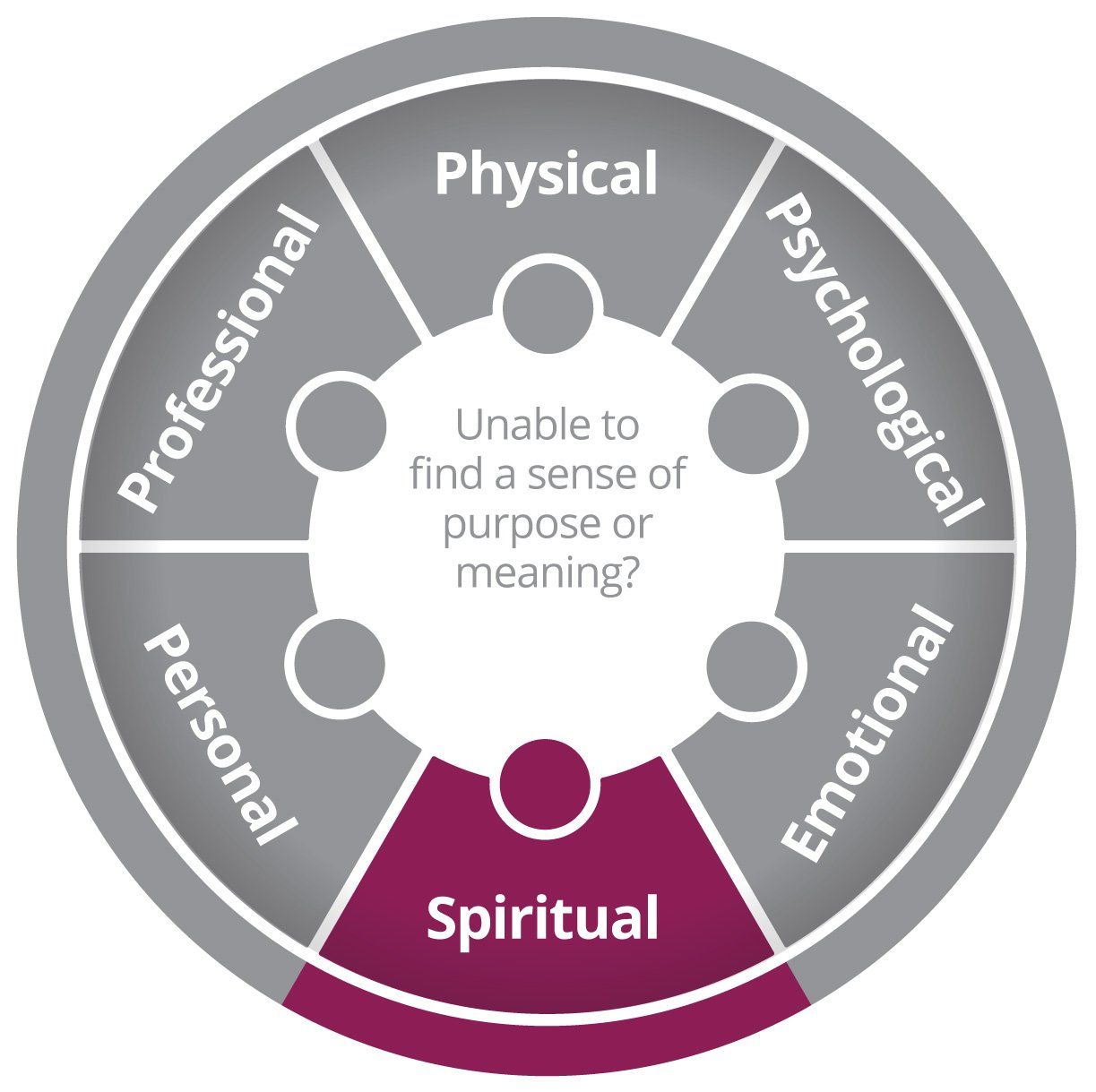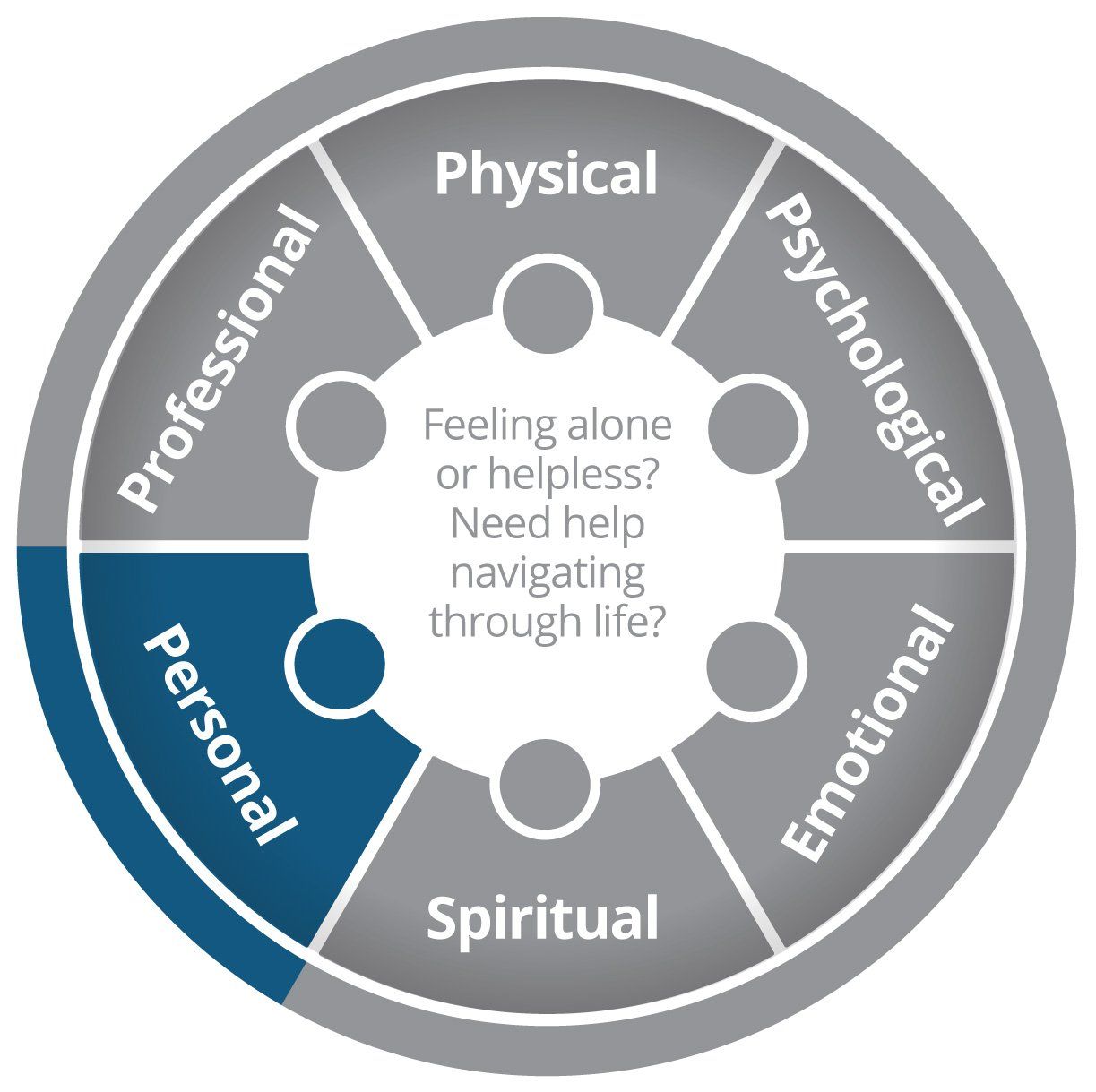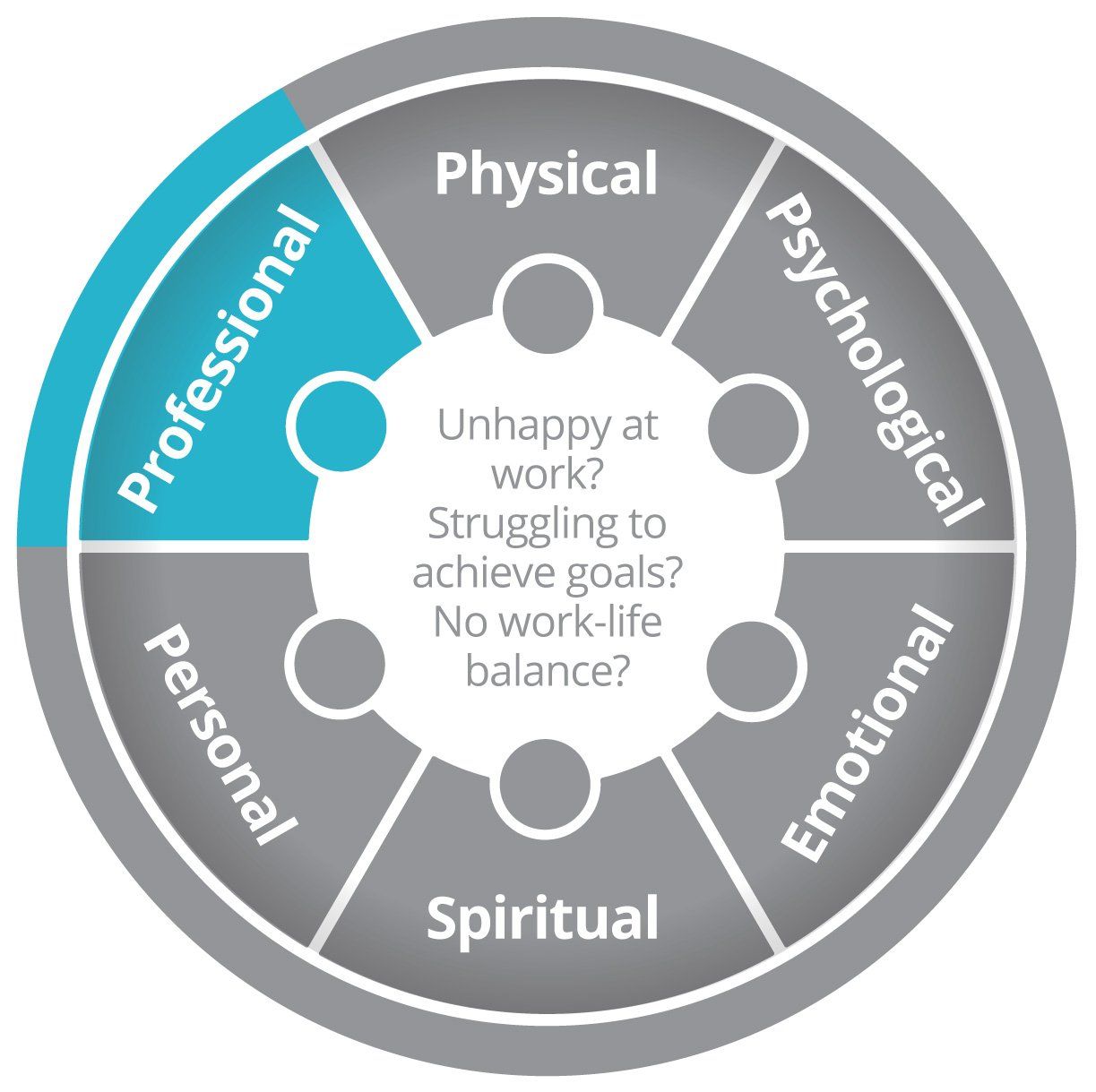Therapy Services
It’s never easy to admit you’re struggling. It’s never easy to ask for help.
But working with a therapist can provide insight, support, and new strategies for all types of life challenges.
Maybe you have a long-standing problem with anxiety or depression. We can help.
Maybe you’re reeling from an unexpected life change such as a divorce, job loss, or death in the family. We can help.
Maybe you just want to talk to a professional as you pursue your personal exploration and growth. We can help.
At Counseling Associates, we see people of all ages and walks of life. Some are familiar with the therapy process. Others are stepping out of their comfort zone and seeking help for the very first time.
“From the very beginning we want to make them feel welcome. We want them to know that they’re in the right place to get whatever help they need.” – Michael Maher, executive director, Counseling Associates
Is your life out of balance in any of these areas?
Other Specific Therapy Solutions
Counseling Associates can help.
Contact Us TodayRespect and Privacy
In a comfortable and supportive atmosphere, our offices offer a highly personalized approach tailored to each client’s individual needs. Our offices strive to be respectful of all our clients regardless of race, income level, employment status, cultural beliefs, and sexual preference. We follow HIPAA privacy practices to provide you with a healthy and safe environment.
Getting the Most Out of Therapy
Therapy likely will work best if there is a partnership between you and the therapist. You can strengthen your therapy in many ways:
- Tell your provider your goals for treatment. Think about whether there are certain behaviors or issues you care about most.
- Keep an open mind. Be willing to consider new ways of behaving and thinking that might improve the quality of your life. We all resist change, so don’t be surprised if you are tempted to quit right before some real changes happen.
- If you think you’re not making progress, you should tell your provider. A good therapist will want to work with you so you can get the most out of your sessions. After discussing your concerns, if you’re still not comfortable, you might consider meeting with another therapist for advice and possibly switching.
- Be open and honest. Your therapist can’t really help you if you don’t share the whole picture. Don’t say you’re fine if you’re not.
- Take your therapy home. You might consider keeping a journal or other ways to focus on what you’ve been discussing in therapy. Think about ways to use ideas from therapy in your daily life.

